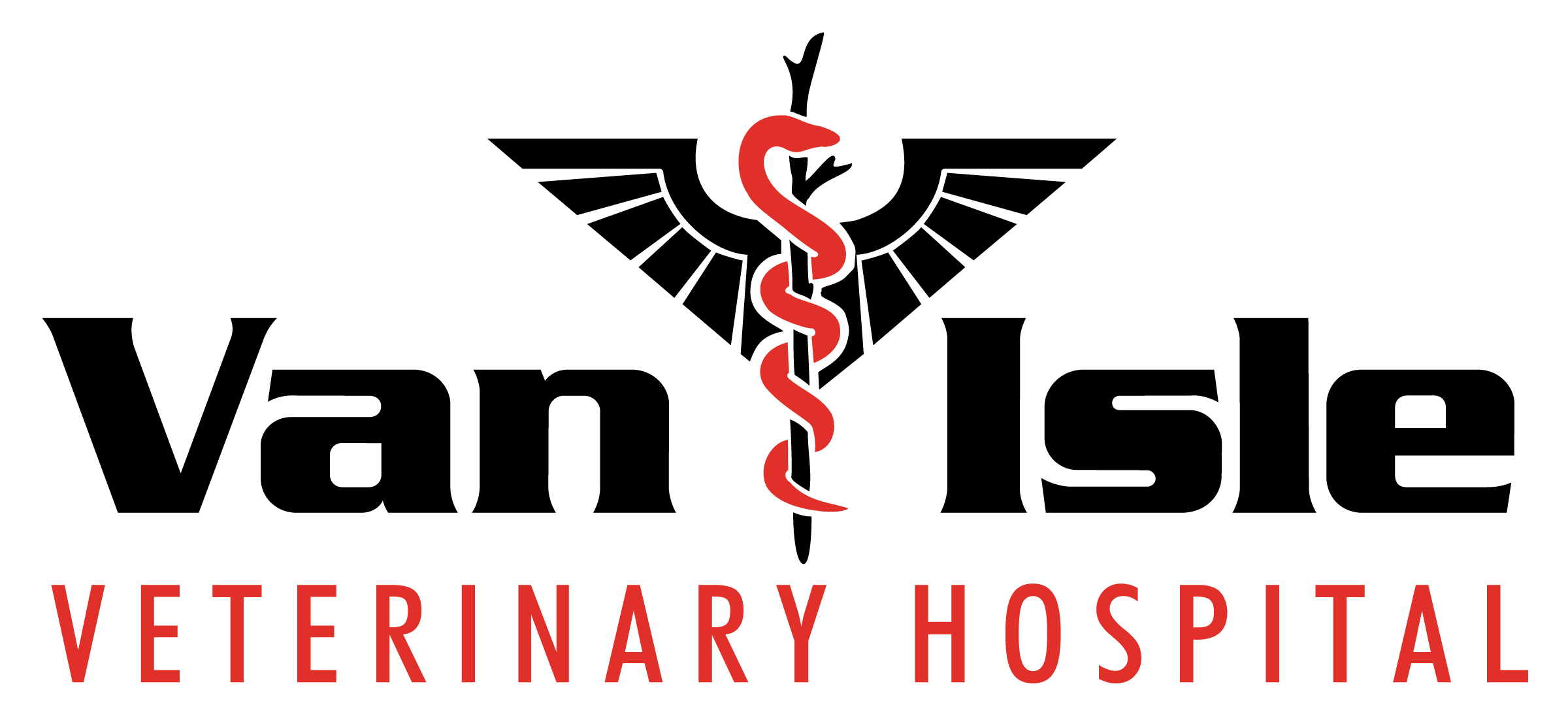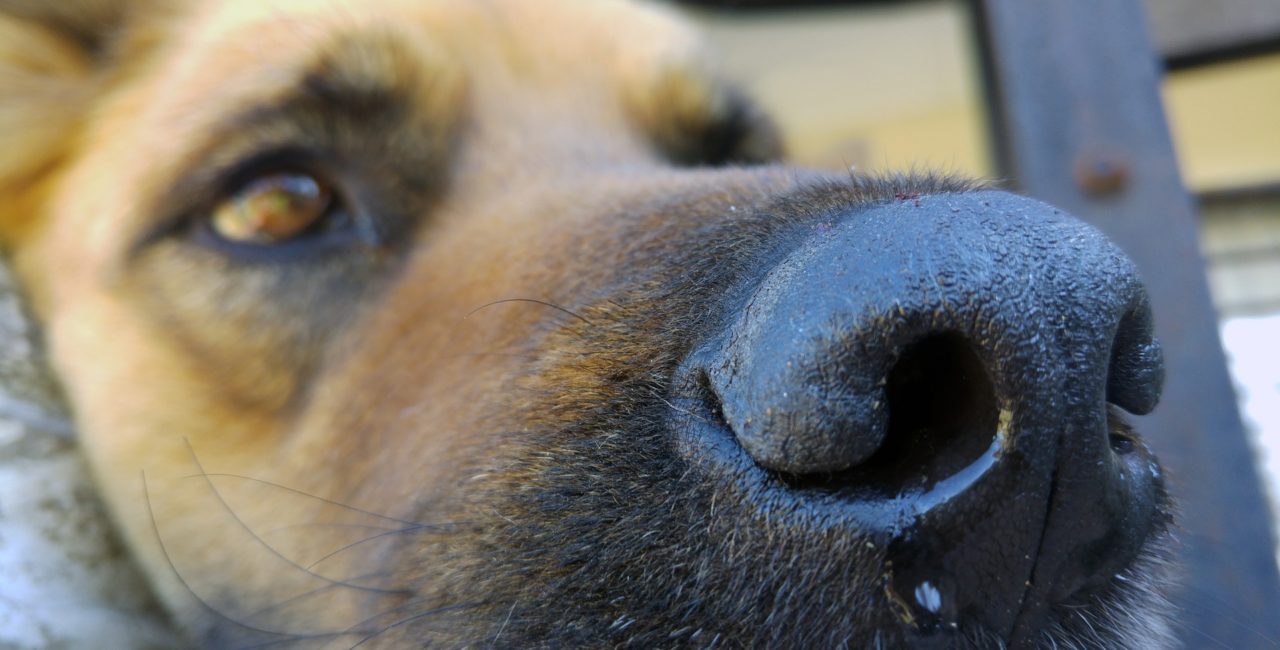Cancer is a rapidly changing area in human health care and the same is true in small animal practice.
Pets are definitely an important part of the family, so many owners are willing to consider a variety of treatments if it can cure their pet or significantly improve their quality of life while living with cancer.
Symptoms of cancer are vague and can occur in animals of any age, but it is more common in older dogs. Certain breeds have an increased risk of cancer including Boxers, Golden Retrievers, German Shepherds, and Scottish Terriers. Often, owners will notice a lump on their pet or symptoms such as:
- Weight loss
- Lethargy
- Exercise Intolerance
- Coughing
Owners must bear in mind that many other diseases can cause these same, vague symptoms and a trip to your veterinarian is always recommended if you have concerns about your pet’s health.
If your pet has a new mass or growth, your veterinarian will perform a complete physical examination and assess for the presence of any additional masses and to look for evidence of metastasis or the spread of cancer. It is important to check the tumor’s size, fixation to surrounding tissue (invasiveness), rate of growth and ulceration. Your vet will also check your pet’s lymph nodes to see if they are enlarged. A complete cancer work-up may also include a blood test and x-rays to assess for malignancy.
If your pet has been diagnosed with cancer, you veterinarian can help you make treatment decisions based on the type of cancer and how advanced it is. Some types of cancer can be cured with surgery alone; other times pets will require chemotherapy or radiation to treat the cancer. Some important considerations include the overall health of your pet, the potential to improve survival or quality of life, how will treatment affect your pet, how aggressive is the cancer, how expensive is the treatment; and the ultimate question that veterinarians and owners need to answer – “Is this the best course of action?”. There are no easy answers when it comes to treating cancer, as every case and every pet should be treated as an individual. Ultimately, the best decision means putting your pet first. Your veterinarian’s role is to help educate you on your pet’s condition, present you with all the options and guide you to make an informed, comfortable decision that is right for your pet.




